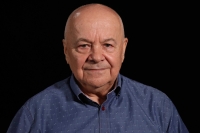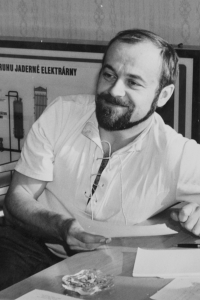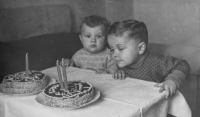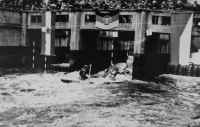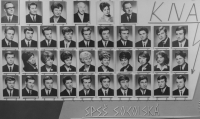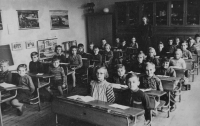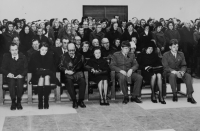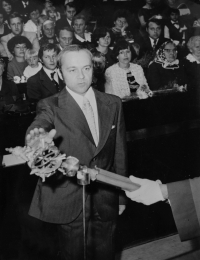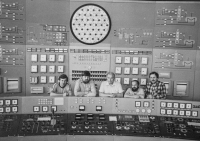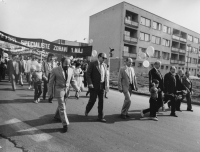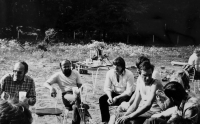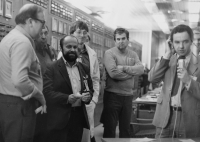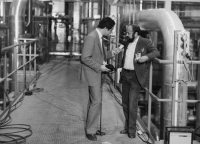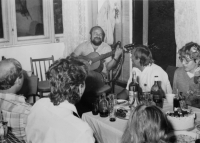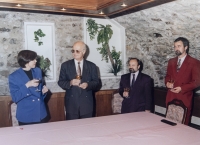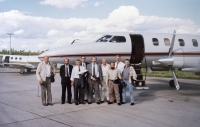I had my shadow. He was a Soviet technologist
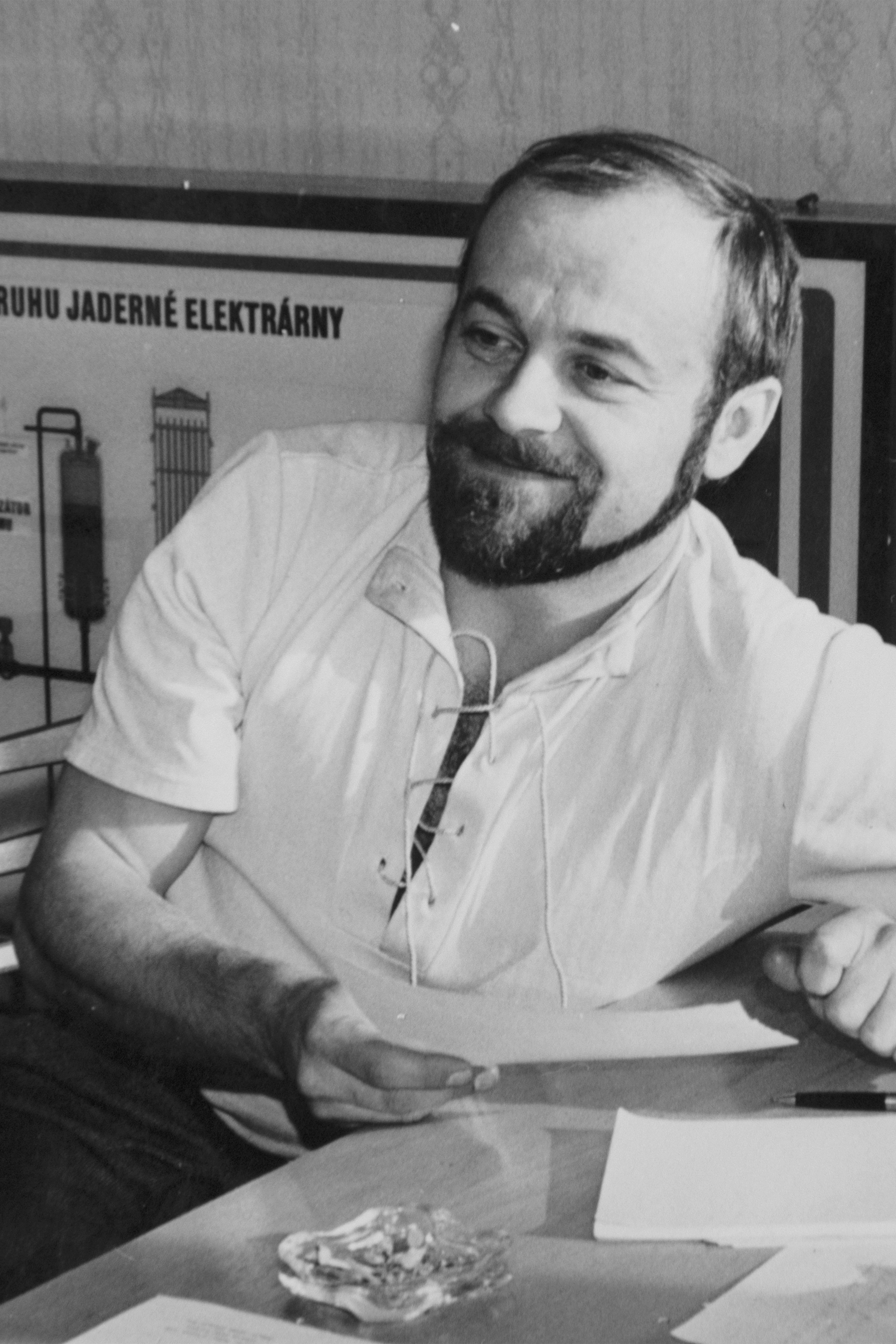
Stáhnout obrázek
Dalibor Matějů was born on March 21, 1948 in Opava. However, about a year later, the family moved to Kounice in South Moravia. Dalibor spent his childhood there and moved to Brno to study high school. He interrupted his subsequent studies at the Faculty of Electrical Engineering at BUT (Brno University of Technology) after two years and joined the local heating plant. A few years later, his brother Ivo, who tragically died here in 1975 during the first of two major accidents, also got hired in the same operation. The second explosion took place in the heating plant in 1978 and it became the impulse for Dalibor to definitely leave for the nuclear energy environment. In the same year, he joined the training center of the upcoming Dukovany power plant project as a reactor operator. A little later, he was appointed the chief technologist and, together with other employees, they moved to Třebíč, which underwent a fundamental change in the early 1980s thanks to the construction of the energy giant. In preparation for the performance of his function, in 1982 and 1984 he completed two six-month trips to Novovoronezh in the then Soviet Union. In the second half of the 1980s, he was involved in the launch of all four units of the power plant. In 1987, he became the Chief Engineer for Nuclear Safety in the CEZ‘s headquarters. After the Velvet Revolution, he worked here in the team for economic restructuring of the company. From 1993 to 1996, he was also a member of the ČEZ Board of Directors. From this position he then left for the private sector, where he still works today.
